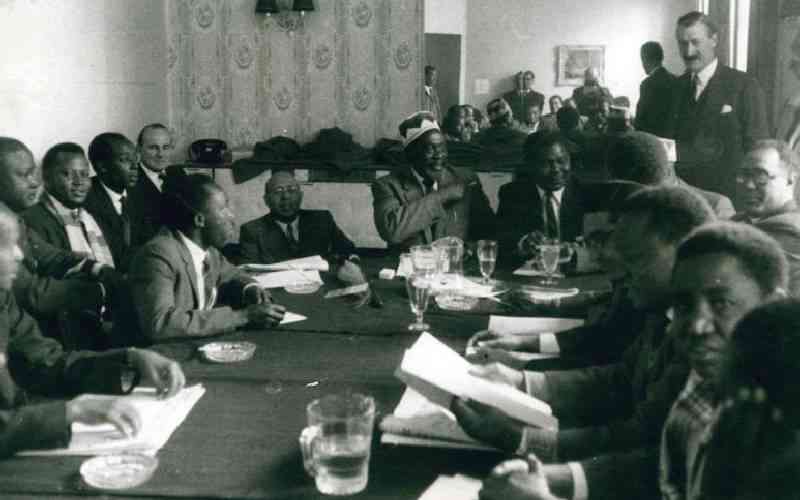×
The Standard e-Paper
Stay Informed, Even Offline

The specter of Kenyans sending large delegations to international government junkets did not start yesterday.
The second Lancaster House talks which began on Valentine's Day of 1962 at the Long Gallery, was as scandalous as was its conclusion; deadlock which resulted in a compromise document.